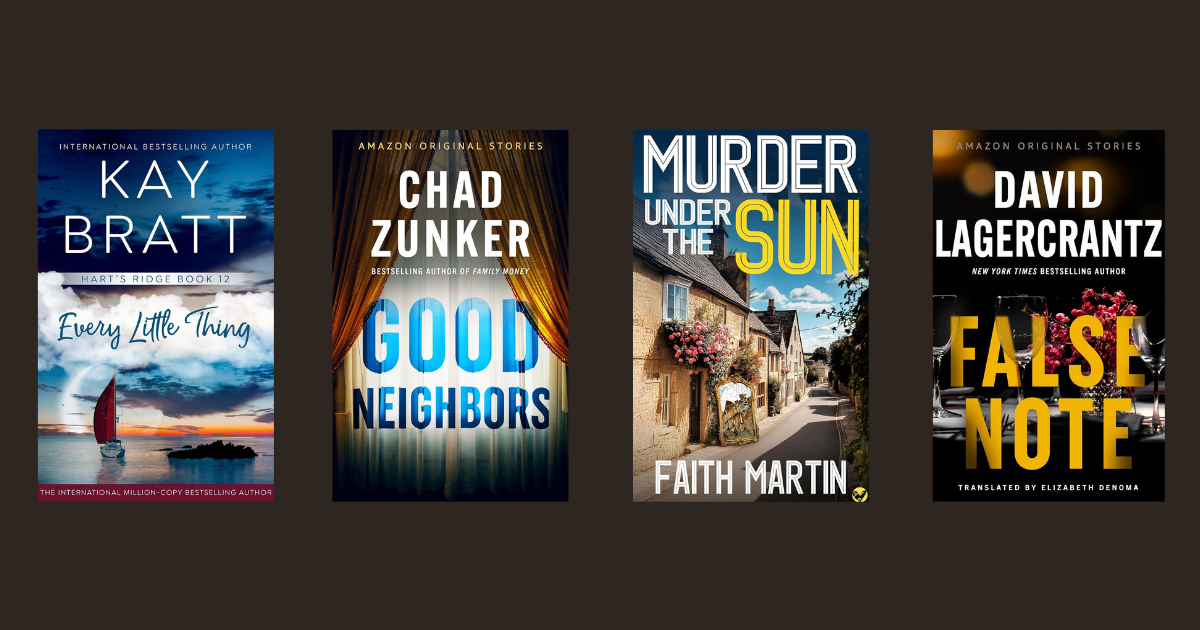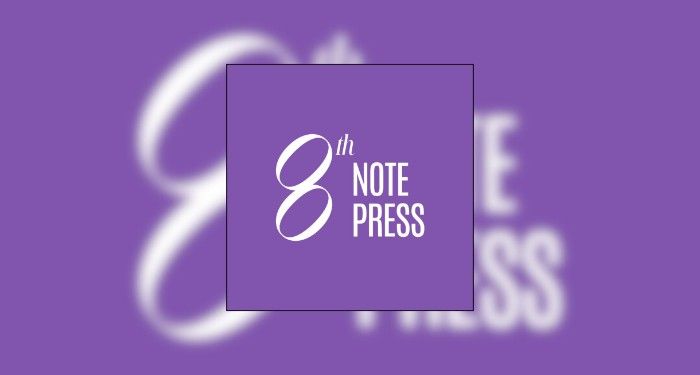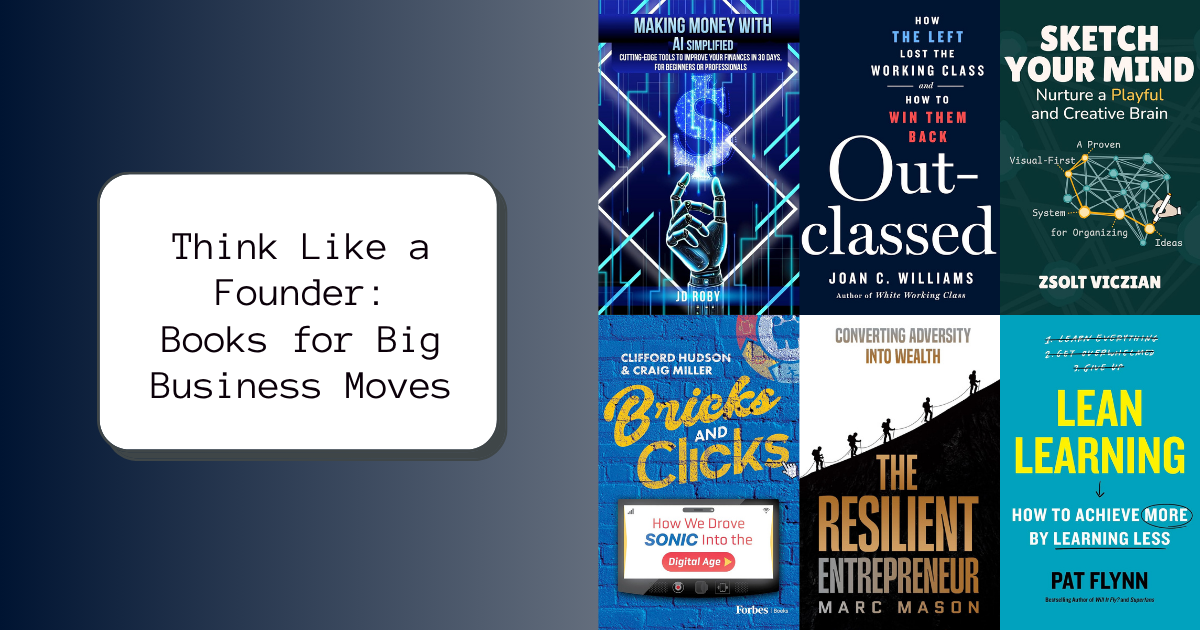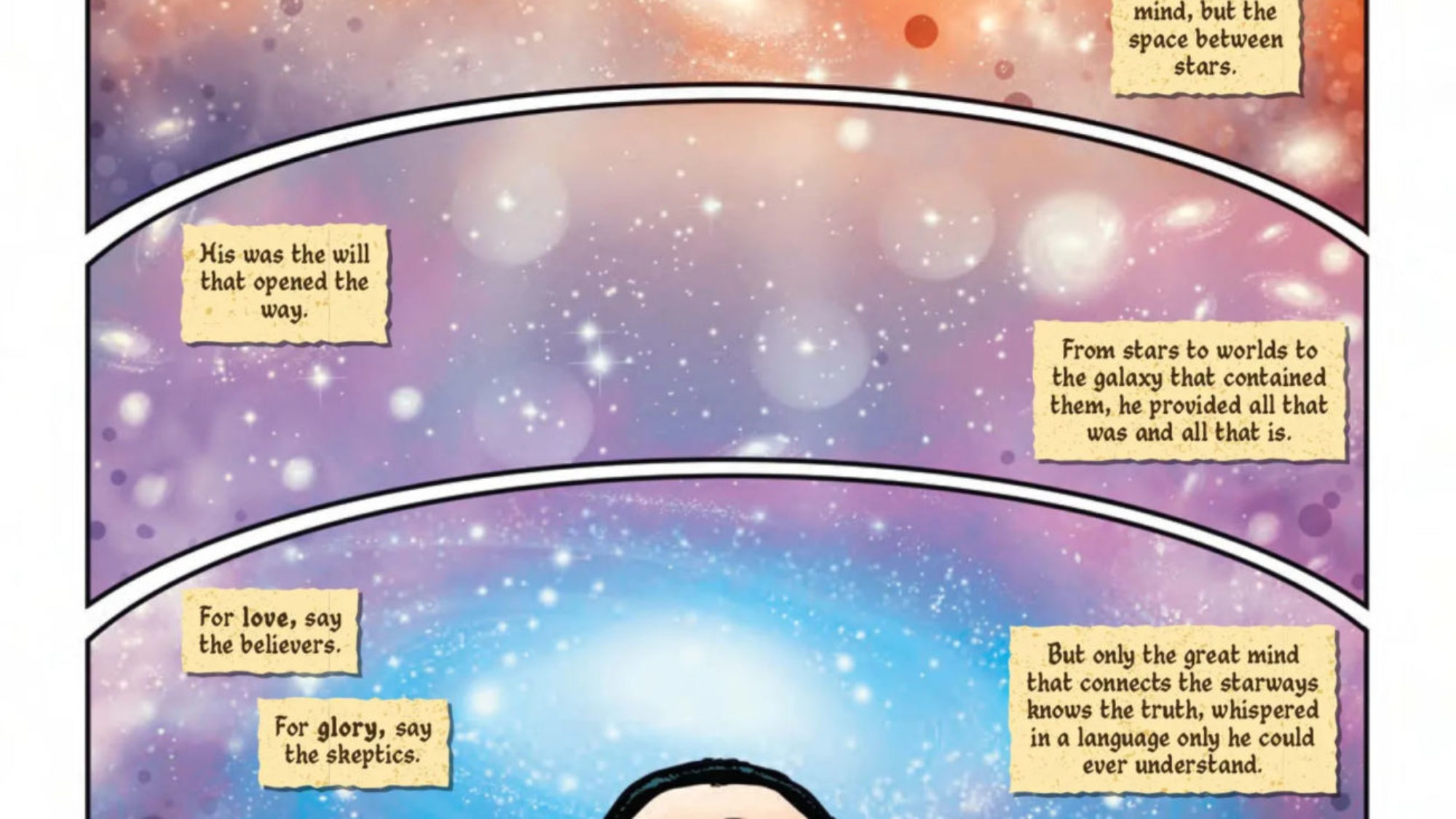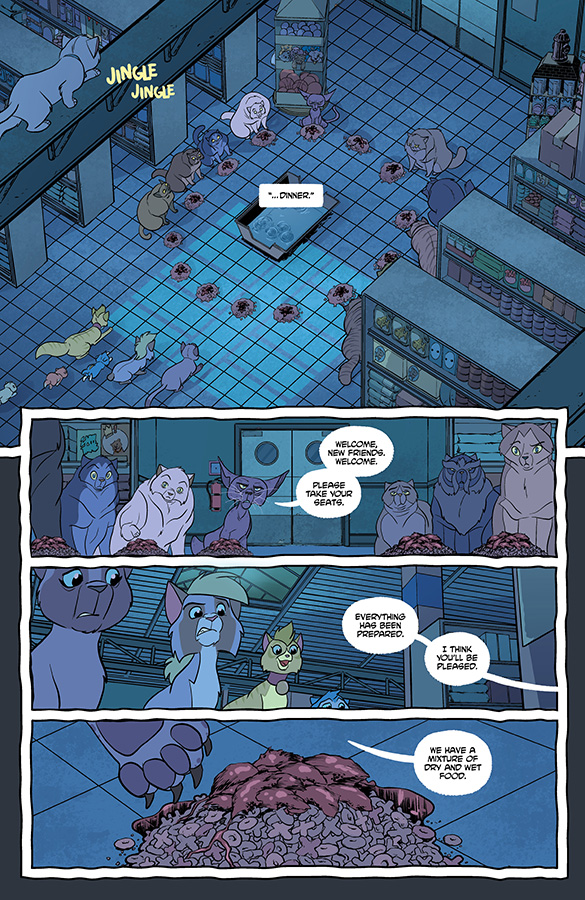This content contains affiliate links. When you buy through these links, we may earn an affiliate commission.
Welcome to Today in Books, our daily round-up of literary headlines at the intersection of politics, culture, media, and more.
And Another Best of the Century List Enters the Ring
I could talk about New York Times‘ list of the 100 Best Books of the 21st Century So Far for days, and if you read my stuff around Book Riot you know that I have, so I hastened to Kirkus with a quickness when I learned they released their own version. There are some obvious differences between the two lists–Kirkus doesn’t rank their picks in order, but they do make them sortable by genre/category without getting very granular (all adult novels fall under the Fiction category, including science fiction and fantasy, graphic novels, romance, etc, for instance). At a glance, there’s crossover in terms of title selection because of course–there are books that can’t be absent from a list like this–but you know you’re not going to find An Island Princess Starts a Scandal by Adriana Herrera on the NYT list. Some of my faves on this list that aren’t on the NYT list include James by Percival Everett (NYT chose Everett’s Erasure), Gone Girl by Gillian Flynn, and The Secret Lives of Church Ladies by Deesha Philyaw–and that’s just in the Fiction category. I will be doing a deeper dive into this list; I find them fun and fascinating, like little windows telling us who these publications are and what kinds of books they stand by.
Everything Orwellian
I’ll see your Ayn Rand and raise you George Orwell. As you may know, Orwell’s name has been taken in vain by the right time and time again and, if you don’t know, you can read a whole New York Times Magazine essay about it. It almost makes me want to re-read 1984, if that didn’t sound completely masochistic in this moment (Animal Farm is my favorite anyway). Reading the piece really put into focus the cognitive dissonance (or willful and obtuse distortion) people like the Heritage Foundation’s domestic policy vice president Roger Severino, Elon Musk, and Trump himself employ to portray themselves as the heroes of the American story. “One might imagine the president has on his night stand a dog-eared copy of ‘1984’ alongside Project 2025 and ‘The Art of the Deal,’” writes Matthew Purdy. Yes, one might, with 1984 executed as the villain’s playbook.
Transform your reading experience! Become an All Access member and unlock a treasure trove of exclusive content—must-read articles, deep dives, and curated recommendations—with unlimited access to 20+ members-only newsletters, community features, and more. Sign up now for only $6/month!
An Impassioned and Expansive Case for Saving Our Libraries
On the cusp of America’s 250th anniversary celebrations, there are many debates about what our constitutionally-established rights afford us and to whom those protections extend. But there is also a rising discourse around the need to strengthen the fabric of our communities by connecting with our neighbors, making libraries one of the most effective “third places” in American life.
This is a quote from Melanie McFarland’s Commentary piece in Salon, “‘Reading builds empathy’: The case for saving America’s libraries,” which is well worth a full read. The piece highlights “Free for All: The Public Library,” a documentary from Dawn Logsdon and Lucie Faulknor screening ahead of its April PBS debut, but expands into the territory of in-the-moment threats to libraries with book bans, the gutting of federal agencies that support libraries, and the politicization and censorship of educational institutions. The piece also expounds on the library as a “third place,” mentioned above. McFarland neatly and concisely pulls together a lot of what’s happening to libraries and what we stand to lose.
The comments section is moderated according to our community guidelines. Please check them out so we can maintain a safe and supportive community of readers!


